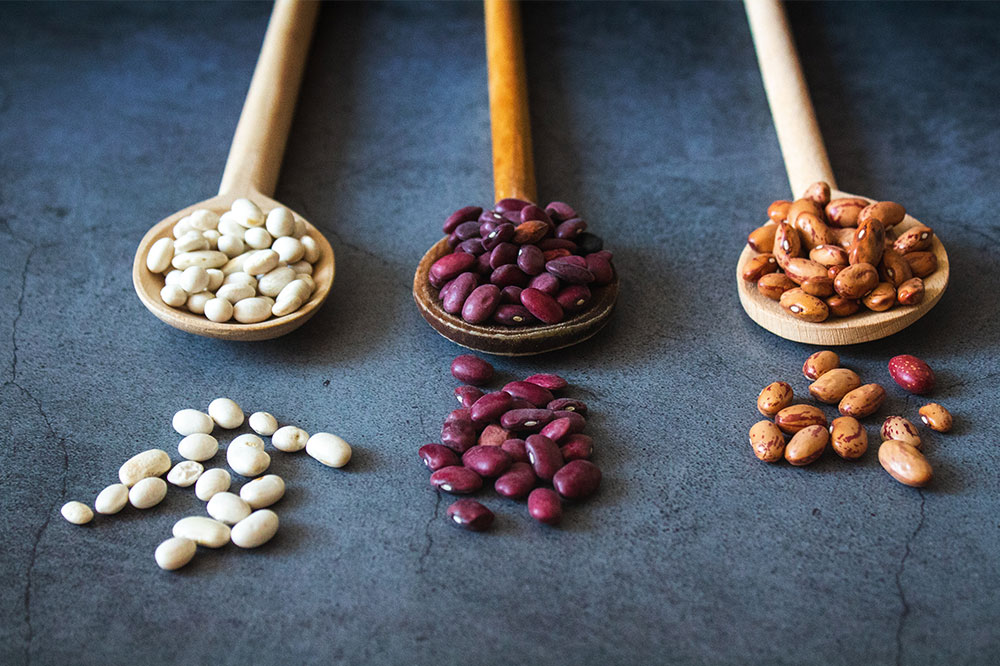4 essential vitamins for optimum eye health

The eyes are complex organs and need a variety of nutrients to function optimally. Many common health conditions like glaucoma, cataracts, age-related macular degeneration, diabetic retinopathy, and others can negatively affect our eyes, which may lead up to a complete loss of vision. While some conditions like moderate astigmatism can be corrected using contact lenses or eye lenses, others can be prevented by consuming a healthy dose of these 4 vitamins:
Vitamin A
Vitamin A deficiency is one of the most common causes of blindness globally. Vitamin A plays a crucial role in maintaining a clear cornea (outside the covering of the eye). A person with this vitamin deficiency may find their eyes not producing enough moisture to stay lubricated. It is also essential for maintaining the eyes’ light-sensing cells called photoreceptors.
A deficiency of vitamin A can also lead to xerophthalmia, a progressive eye disease that begins with night blindness. Continued deficiency can lead to the drying up of the eyes and tear ducts, and softening of the cornea, resulting in irreversible blindness.
To maintain eye health, it is recommended to eat vitamin-A-rich foods, like sweet potatoes, leafy greens, pumpkins, squash, bell peppers, carrots, dairy products, egg yolks, and liver.
Vitamin E
Eye conditions have also been related to oxidative stress – the imbalance between the antioxidants and free radicals in the body. Vitamin E is a potent antioxidant that helps protect the eye cells from damage by these harmful, unstable molecules called free radicals. Some studies have reported that vitamin E may help prevent age-related cataracts. A vitamin E deficiency can lead to retinal degeneration and blindness. Vitamin E rich foods include nuts, seeds, salmon, avocado, leafy green vegetables, and oils like flaxseed, soybean, corn, and safflower.
Vitamin C
Vitamin C is another powerful antioxidant that can protect our eyes against free radicals. Vitamin C is also required to make collagen, a protein that provides structure to the eye, particularly in the cornea and sclera. Several studies have shown that regular consumption of vitamin C can help reduce the risk of cataracts, a condition that makes the eye cloudy and impairs vision. Citrus and tropical fruits, bell peppers, broccoli, Brussel sprouts, and kale contain high levels of vitamin C.
Vitamin B
Vitamin B2 (or Riboflavin) is a powerful antioxidant that can reduce oxidative stress in the body. Scientists are studying the potential of riboflavin to reduce or prevent cataracts, as prolonged riboflavin deficiency has been linked to this condition. Healthy sources of riboflavin include oats, milk, yogurt, and beef.
Other vitamins
Vitamin B3 (or Niacin) is another antioxidant that has been linked to the prevention of glaucoma, a condition in which the optic nerve of the eye is damaged. Foods naturally high in niacin include beef, poultry, fish, mushrooms, peanuts, and legumes.
A combination of Vitamin B6 (Pyridoxine), B9 (Folic acid), and B12 (Cobalamin) can lower the occurrence of homocysteine in the body, a protein that is related to inflammation and increased risk of developing age-related macular degeneration. Foods rich in vitamin B6 include chickpeas, dark leafy greens, poultry, beef liver, salmon, and tuna. Vitamin B9 can be found in peanuts, beans, seafood, sunflower seeds, and eggs. Vitamin B12-rich foods include eggs, fish, liver, red meat, and poultry.
Other nutrients that are important for maintaining eye health include Lutein and Zeaxanthin (found in egg yolks, corn, asparagus, peas, and leafy greens), Zinc (found in seafood, turkey, beans, chickpeas, nuts, pumpkin seeds, whole grains, and milk), and Omega-3 fatty acids (found in oily fish, flaxseed, walnuts, and chia seeds).
Final thoughts
A healthy, balanced food plan rich in these vitamins can promote good eye health and protect vision. Nutritional support can also help avoid dry eye, which can improve the success rate of eye lenses for astigmatism, myopia, and hyperopia correction.







